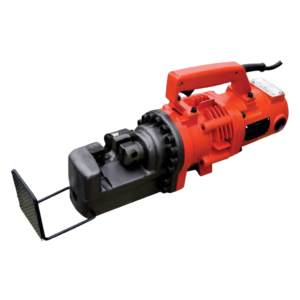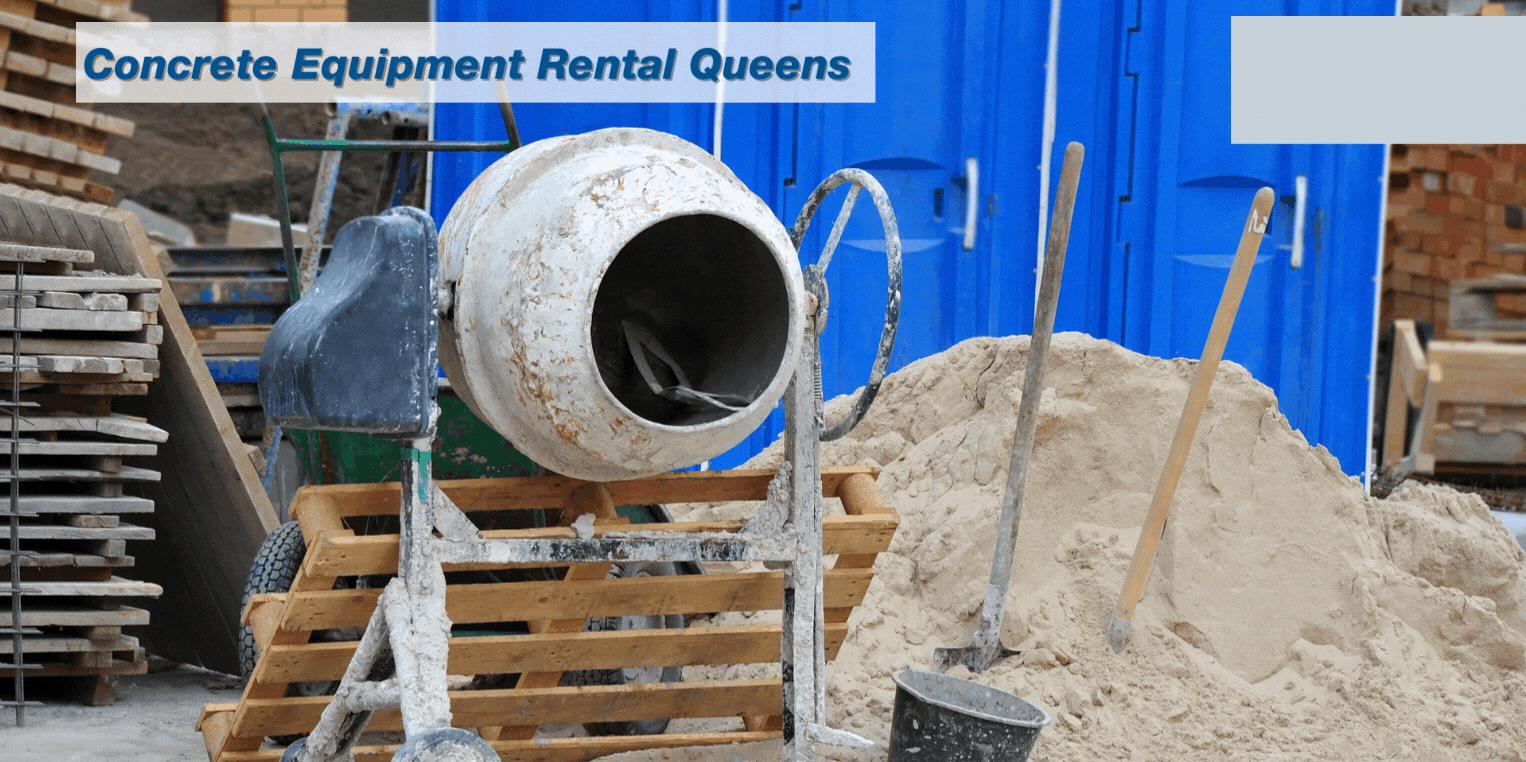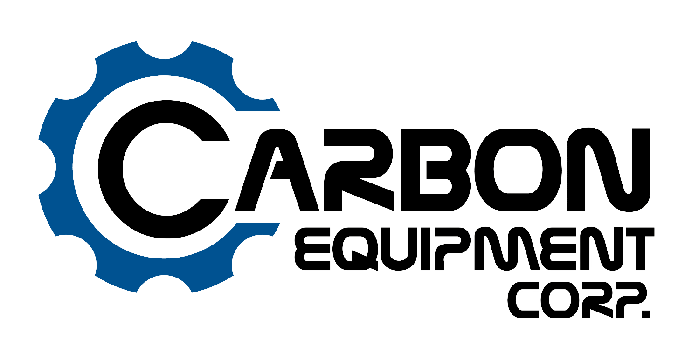Concrete Equipment Rental Queens
Are you working on a project and wondering where you should rent your tools? At Carbon Equipment, concrete equipment rental Queens, we offer our best-selling rental tools to tackle any project you are working on. We guarantee that you will be satisfied with our exclusive tools that are also cost-effective. Our company provides a variety of tools you may need. If you are interested in learning more about the several types of equipment we offer, please keep reading!
Concrete Equipment
If you need concrete tools for your upcoming projects, look no further. Each tool has its purpose and we are eager to guide you with the correct tools that are required for your tasks. Listed below are a few examples of concrete equipment rental Bronx that you can possibly get today!
 Portable Rebar Bender
Portable Rebar Bender- Truss Screed
- Electric Concrete Vibrator
- Wheel and Tracked Concrete Buggy
- Scarifiers
- Ride-On Trowel
- Rebar Cutter
Rebar Cutter
Rebar is frequently used in concrete work because it provides strength and durability to the concrete. Rebar is also known as steel reinforcement bars. A rebar cutter is a machine that cuts rebars so that you can shape them when building structural reinforcement for concrete work. We provide rebar cutters so that you can cut rebar safely and easily. Visit or call our store so that you can see if we have any of the concrete equipment rental Bronx that you need today. Here are a few examples of the types of rebar cutter tools:
- Manual Rebar Cutter: A handheld tool that cuts rebar up to 19 mm in diameter
- Electric Rebar Cutter: Provides precise cutting and bending. It is a popular tool when cutting rebar because of its safety and performance.
- Two in One Rebar Cutter: Performs both cutting and bedding of rebar all in one tool.
- Two in One Rebar and Bender Machine: Speeds up the process of cutting and bending rebar in less than ten seconds
Contact Us: Concrete Equipment rental Bronx
There is no need to worry about where you will find your tools for your upcoming projects. We provide excellent customer service to answer any questions that you may have. Contact us for your concrete equipment rental Bronx. We hope to hear from you soon to get your projects started!

Did you know that an air compressor can do a variety of work? Many people think an air compressor is just for construction, but it is more than that. It is a device that is not just limited to construction workers, but anyone can use and own it. If you don’t want to buy one, then you borrow one from a concrete equipment rental Queens. At Carbon Equipment Corp, we offer a variety of equipment that provides you with the solutions and services you need.
What is an air compressor?
An air compressor is a device that converts power into potential energy stored in pressurized air that is used to power construction tools and industrial equipment. It is one of the most important houses and workshop tools as you can do many useful things with it. You can either buy one or rent one from a concrete equipment rental Queens.
How can I use my air compressor?
- Spray painting: Most people paint their furniture or walls with either a brush or a roller, but it can also be done with an air compressor. You can save a lot of time and can also get a better result than with the brush and roller.
- Vehicle maintenance: Cleaning your car and filling your tires in another way an air compressor can be used for. For instance, you can clean parts of your car that you can’t normally reach, like the fuel, bolts, and sockets. Also, it can help keep your car tires at the right pressure, which can save fuel and save you money from auto repairs.
- Cleaning: It can also help you clean your garage or shop since it can release large amounts of air which can remove dirt and particle build-ups. Normally, there are certain spots or places that you can’t clean using regular cleaning tools, but with an air compressor, you can.
- Weeding: Weeding your garden can be time-consuming, and if you haven’t done it in a while, it can be harder and take even longer. However, an air compressor can also help you weed your garden faster.
Contact us
If you think an air compressor can be beneficial to you, please don’t hesitate to contact us today for a concrete equipment rental Queens.
If you are looking for a reliable and integral company to meet your needs in concrete equipment rental Queens, look no further than Carbon Equipment Corp. Whatever job, project, or redesigning you have on your plate, we have all the tools and products necessary to get the job done as professionally as possible. We have three keys to customer service: Dependability, Innovation, and Integrity.
The Tools We Offer
- Supplies – Every single job/project requires supplies, that’s why our concrete equipment rental Queens has you covered. We offer diamond blades, abrasive blades, diamond chains, air hoses, water hoses and many more.
- Air tools and compressors – We have a large inventory of tools for you to rent.
- Generators – An absolutely essential part of construction if you are nowhere near any outlets. We are here to help you find the right one based on the particular project you are working on.
- Saws – We have just about every saw available for whatever material you need to demolish.
- Pumps – We also have just about every pump available for said jobs/projects. We have hydraulic pumps, trash pumps, power packs and many more.
To see more tools we offer and more information about said tools, please visit our website.
About our Hydraulic Pumps
Hydraulic pumps take electrical energy and convert it into fluid pressure by using the electric motor to drive the pump. The specific types of hydraulic pumps we offer include:
- 3 Inch Hydraulic Pump with Powerpack
- 4 Inch Hydraulic Pump with Powerpack
- 6 Inch Hydraulic Pump with Powerpack
- 6 Inch Hydraulic Pump
When getting into the mechanics of hydraulic pumps, we must understand that they perform two basic functions; to essentially create a vacuum that allows pressurized liquid to flow into the inlet of the pump and then force the liquid into the hydraulic system.
The two different types of hydraulic pumps are a positive-displacement pump and a non-positive displacement pump. The main difference between these two is that a non-positive displacement pump produces a continuous flow but does not provide a consistent seal against slippage. With a positive-displacement pump the slippage is less likely to occur, but one must be careful to not let too much pressure come through or the equipment may literally explode. All of the hydraulic pumps we offer at our concrete equipment rental Queens are positive-displacement.
Hydraulic Pumps: Power and Efficiency
Hydraulic pumps are the heart of hydraulic systems, providing the power and efficiency needed to operate machinery and equipment across various industries. Understanding the different types of hydraulic pumps, their components, and essential safety considerations is crucial for ensuring optimal performance and safety in hydraulic applications.
Types of Hydraulic Pumps
There are several types of hydraulic pumps commonly used in hydraulic systems:
- Gear Pumps: Gear pumps operate by meshing gears to create fluid flow. They are known for their simplicity, reliability, and cost-effectiveness. Gear pumps are suitable for low to medium-pressure applications and are commonly used in industrial machinery, hydraulic power units, and automotive systems.
- Vane Pumps: Vane pumps utilize vanes that slide in and out of rotor slots to create fluid displacement. They offer smooth operation, low noise levels, and good efficiency. Vane pumps are ideal for medium-pressure applications in hydraulic power steering systems, machine tools, and mobile equipment.
- Piston Pumps: Piston pumps use reciprocating pistons to generate fluid flow. They are known for their high efficiency, precise control, and ability to handle high-pressure applications. Piston pumps are commonly used in hydraulic presses, construction equipment, and aerospace systems.
Understanding the strengths and applications of each type of hydraulic pump allows engineers and operators to select the most suitable pump for their specific needs, ensuring optimal performance and reliability in hydraulic systems.
Hydraulic System Components
Hydraulic pumps work in conjunction with various system components to deliver hydraulic power effectively:
- Hydraulic Cylinders: Hydraulic cylinders convert fluid power into linear motion, enabling machines to lift, push, or pull heavy loads. They are essential components in hydraulic presses, cranes, and hydraulic machinery.
- Valves: Hydraulic valves control the flow, direction, and pressure of hydraulic fluid within the system. They include directional control valves, pressure control valves, and flow control valves, providing precise control and functionality in hydraulic systems.
- Hoses and Fittings: Hydraulic hoses and fittings transport hydraulic fluid between components, ensuring proper fluid flow and system integrity. Choosing the right hoses and fittings based on pressure ratings, size, and compatibility is essential for leak-free operation and system efficiency.
Understanding the role and function of hydraulic system components enhances the overall performance and reliability of hydraulic systems, contributing to increased productivity and reduced downtime in industrial applications.
Safety Considerations
Proper safety measures are paramount when handling hydraulic pumps and systems:
- Maintenance: Regular maintenance and inspection of hydraulic pumps and components are essential to prevent breakdowns and ensure optimal performance. Follow manufacturer recommendations for maintenance schedules and procedures.
- Pressure Regulation: Monitor and regulate hydraulic system pressure within recommended limits to prevent overloading and component damage. Use pressure relief valves and pressure gauges to maintain safe operating conditions.
- Leak Prevention: Check hydraulic hoses, fittings, and connections regularly for signs of leaks. Address any leaks promptly to prevent fluid loss, contamination, and safety hazards.
By prioritizing safety practices, maintaining hydraulic systems, and adhering to proper pressure regulation and leak prevention measures, operators can enhance workplace safety and prolong the lifespan of hydraulic equipment, promoting efficiency and reliability in hydraulic applications.
If you have any questions regarding what we offer here at Carbon Equipment Corp. please visit our website or give us a call at 516 – 699 – 8412.


